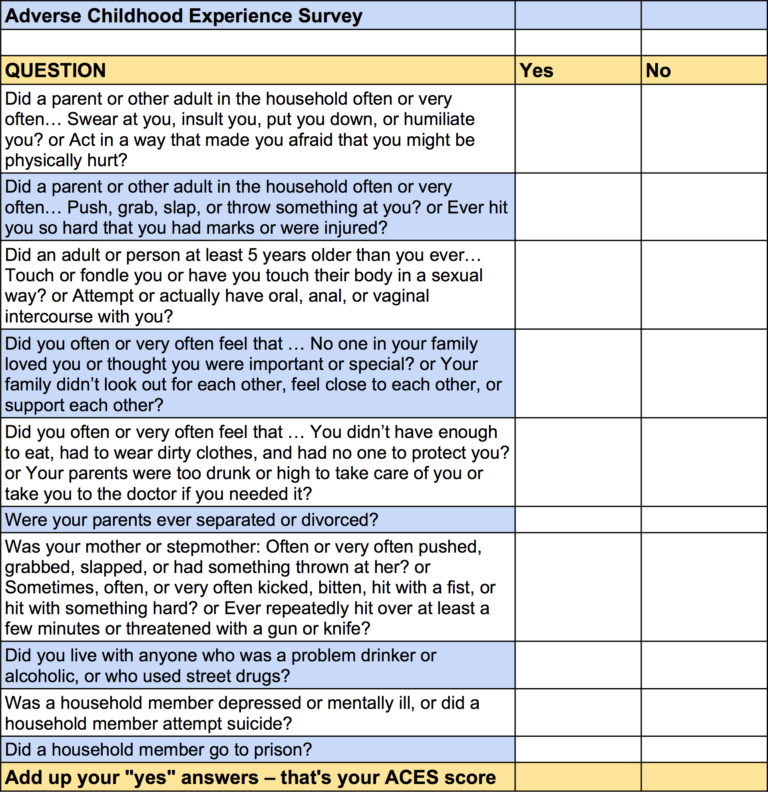

Adult ADHD Self-Report Scale Symptom Checklist Version 1.1 (Adult ASRS).Examples of narrowband ADHD-specific rating scales for children include:
CHILDHOOD ADD TEST MANUAL
Scales may also detect the levels of impairments that exist due to the ADHD symptoms.ĪDHD-specific scales (or narrowband scales) are designed to focus on ADHD symptoms (inattentive, hyperactive-impulsive) and can determine the presence of core symptoms of ADHD as defined by the Diagnostic and Statistical Manual (DSM-5) criteria for ADHD.
CHILDHOOD ADD TEST PROFESSIONAL
Rating scales may be completed by an adult, a child, parent, other family members, teachers, and/or the clinician or other professional observer to help determine which ADHD symptoms and co-occurring conditions are present in the patient, in which environments (home, school, work, social), and over what time period. To assist practitioners in selecting scales for use in their practices, we will discuss what rating scales measure, the different types of scales, and highlight some well-known psychometrically validated scales that are commonly used. There are those freely available online while others must be purchased. Some are brief, with only a 10-item questionnaire, while some ask more than 100 questions. Some focus on ADHD-specific symptoms, others assess a variety of behavioral symptoms. There is an abundance of rating scales that have been developed by ADHD experts and organizations, including the National Institute for Children’s Health Quality (NICHQ) and the World Health Organization.
CHILDHOOD ADD TEST FULL
In order to make sure your child reaches his or her full potential, it is very important to get help for ADHD as early as possible.Primary care physicians faced with diagnosing and treating patients with ADHD must make informed decisions about the most effective and relevant assessment and monitoring tools for their patients. The National Resource Center on ADHD operates a call center (1-86) with trained staff to answer questions about ADHD. Their web site has links to information for people with ADHD and their families. The Centers for Disease Control and Prevention (CDC) funds the National Resource Center on ADHD : A Program of CHADD – Children and Adults with Attention-Deficit/Hyperactivity Disorder. To find help in your area, look for the closest Parent Center. If you or your doctor has concerns about ADHD, you can take your child to a specialist such as a child psychologist or developmental pediatrician, or you can contact your local early intervention agency (for children under age 3 years) or public school (for children age 3 and older). Good treatment plans will include close monitoring, follow-ups, and making changes, if needed, along the way. What works best can depend on the child and family. For preschool-aged children (4-5 years of age) with ADHD, behavior therapy, particularly training for parents, is recommended as the first line of treatment. In most cases, ADHD is best treated with a combination of behavior therapy and medication. School accommodations and interventions.Behavior therapy, including training for parents.Treatment for ADHDĪDHD can be successfully managed. Another part of the process may include a checklist for rating ADHD symptoms and taking a history of the child from parents, teachers, and sometimes, the child. One step of the process involves having a medical exam, including hearing and vision tests, to rule out other problems with symptoms like ADHD. There is no single test to diagnose ADHD, and many other problems, like anxiety, depression, sleep problems, and certain types of learning disabilities, can have similar symptoms.

Diagnosis of ADHDĭeciding if a child has ADHD is a process with several steps.

Learn about symptoms of ADHD, how ADHD is diagnosed, and treatment recommendations including behavior therapy, medication, and school support.


 0 kommentar(er)
0 kommentar(er)
